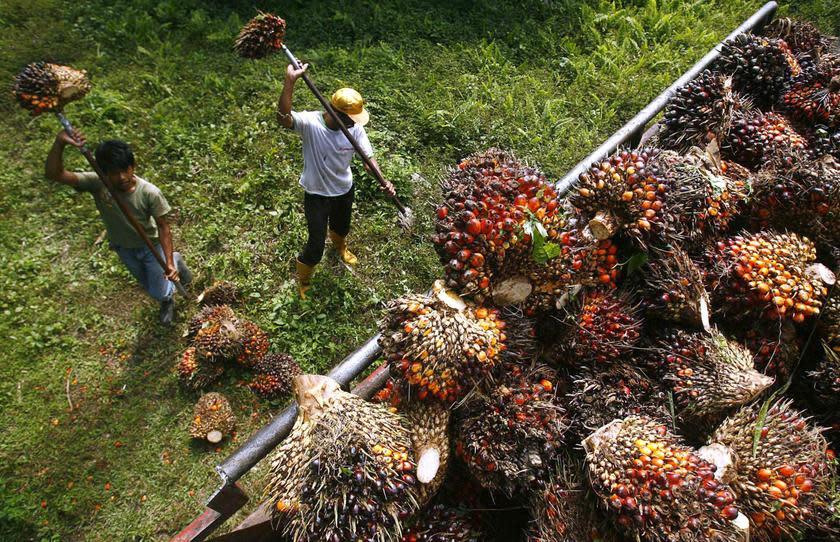Amid FGV director pay controversy, palm oil price hit by worst quarterly fall on record

KUALA LUMPUR, June 28 — The price of palm oil has now fallen for the longest period since tracking began, with the commodity grappling with both a continuing oversupply and weak global demand.
According to Bloomberg, palm oil benchmark futures in Malaysia plunged 6.8 per cent this quarter, contrasting with rising prices for other major crops.
Palm oil fell to RM1,963 a tonne yesterday, falling for a sixth straight day to reach the lowest point since August 2015.
The primary factor for declining palm oil price is the ongoing trade war between China and the United States, which Bloomberg notes has been the dominant theme in most agriculture markets for 2019.
CIMB Investment Bank’s regional head of agribusiness Ivy Ng was quoted as saying the output of palm oil in Malaysia, the world’s second biggest producer, has exceeded market expectations.
Concerns also linger that rising supplies in Indonesia, the biggest producer, may increase competition with Malaysia and weigh further on prices.
In addition, the glut in palm oil could be worsened in light of the fact that producers will soon begin their season high-production cycle.
Phillip Futures Sdn Bhd institutional sales manager Marcello Cultrera was quoted as saying the commodity’s outlook is bearish, as palm oil futures in Malaysia will maintain between RM1,850 to RM2,150 until October, after which it may trade upwards of RM2,300 at the most.
Weak palm oil prices have hit Malaysia hard, especially during a time when the country is waging a defence against a European Union campaign to reduce consumption ostensibly over sustainability concerns.
The issue also became a national topic after the government was forced into a multi-billion ringgit bailout of the Federal Land Development Authority (Felda) that is responsible for supporting Malay settlers that primarily cultivate oil palms.
Felda’s woes began when then-prime minister Datuk Seri Najib Razak pushed for the listing of its investment arm, Felda Global Ventures (now FGV Holdings Bhd), on the local stock market in 2012.
The move was meant to generate sustainable income for Felda and its settlers but FGV shares are now trading at a fraction of their initial public offering (IPO) value.
While the IPO had raised over RM6 billion, former Felda chairman Tan Sri Shahrir Samad made the shocking revelation that RM4.3 billion was unaccounted for back in 2017.
FGV re-entered public attention this month after three of its largest stakeholders including Felda blocked resolutions for proposed director pay packages, which a report yesterday revealed to have totalled RM5.7 million in the 2018 financial year.
The firm reported a net loss of nearly RM1.1 billion for the financial year ended December 31, 2018.
Related Articles FGV says to remain high-performing company even without Felda land Malaysia committed to key role as biofuel technology player Kazakhstan eyes role as distribution hub for Malaysian palm oil to Russia, Eurasian Union, rep says



